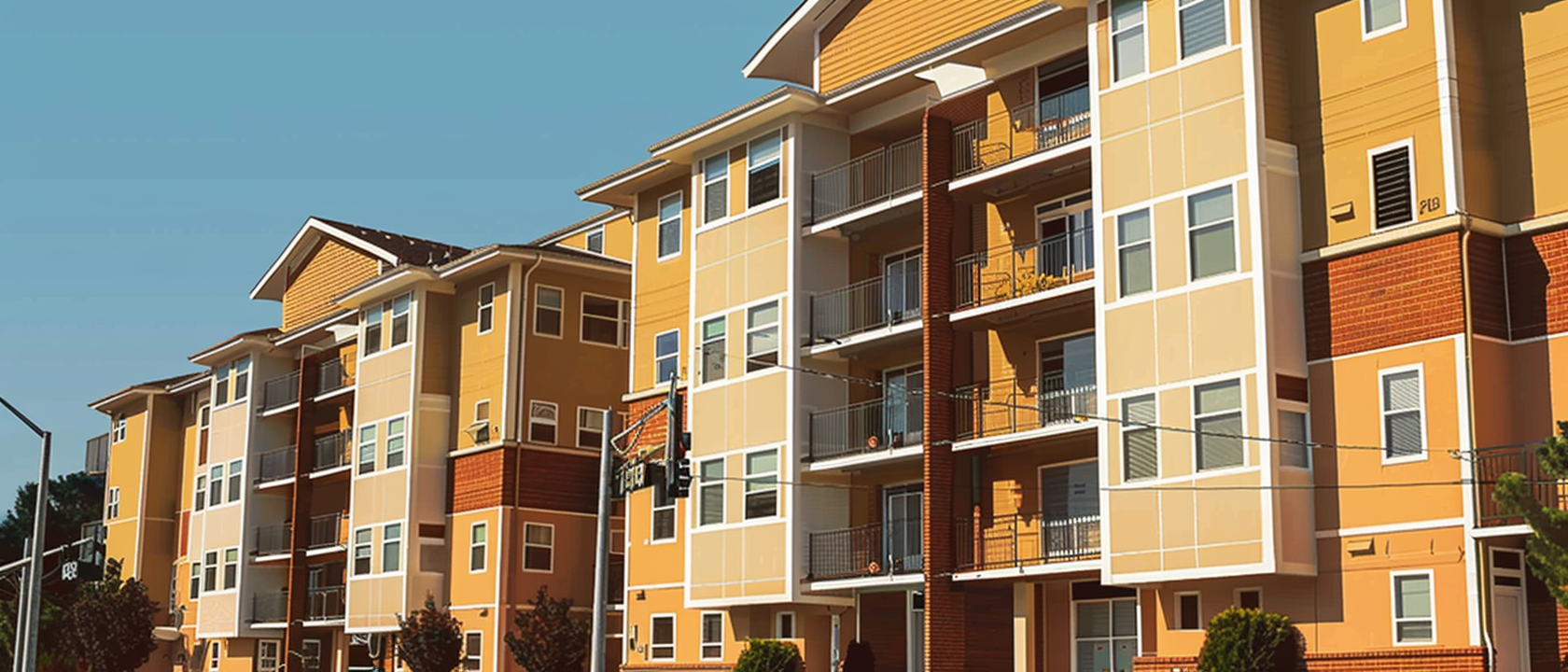

The financial strain faced by millennials in the US is becoming increasingly evident, with many trapped in a rent-debt cycle due to escalating housing costs.
In an alarming display of economic disparity, a recent article has unveiled a startling trend among American renters, particularly highlighting the struggles of the millennial demographic. Despite the surface-level appearance of a booming economy, a deeper investigation by a renowned financial expert has revealed that a significant portion of tenants are resorting to installment plans for their monthly rent, a system eerily reminiscent of payday loans.

The article in question, which has sent ripples of concern through the financial community, details a service called Flex, which allows tenants to split their rent into two payments. This service, seemingly a lifeline for cash-strapped renters, carries with it hidden costs that could further entrench them in financial hardship. Flex charges a monthly membership fee in addition to a bill payment fee, adding up to an effective annual percentage rate of 29% for some users.
A report from Harvard University's housing studies in January 2024 has brought to light that a record 22.4 million renters are spending more than 30% of their income on rent and utilities, with half of those spending over 50%. These startling figures underscore the severity of the housing affordability crisis in the United States.
Financial counselors in high-cost cities like Los Angeles witness clients routinely allocating over 40% of their income to rent, flagging them as cost-burdened or severely cost-burdened by federal guidelines. The financial expert, in a candid discussion, reflects on personal experiences from the late '90s, comparing the financial pressures of that era to the current situation that sees many Americans grappling to afford basic living expenses.
While the service providers of these rent installment plans tout their offerings as valuable solutions in a complex rental landscape, the reality is starkly different. Many Americans are trapped in a cycle of debt, using these services not out of convenience but out of sheer necessity to avoid eviction.
The expert's analysis also criticizes the mainstream financial media, which often portrays a disconnected narrative from the reality faced by the average American. Wealthy pundits, insulated in their affluent bubbles, fail to recognize the growing economic divide and the erosion of the middle class, which is splitting into a smaller affluent segment and a larger, struggling population.
This deep dive into the economic challenges facing renters today not only raises questions about the sustainability of such financial practices but also points to a larger issue of systemic inequality that threatens the very fabric of American society.
As the nation grapples with these pressing economic concerns, this examination serves as a stark reminder of the importance of maintaining a clear-eyed view of the economy that takes into account the experiences of all its citizens, not just the privileged few.